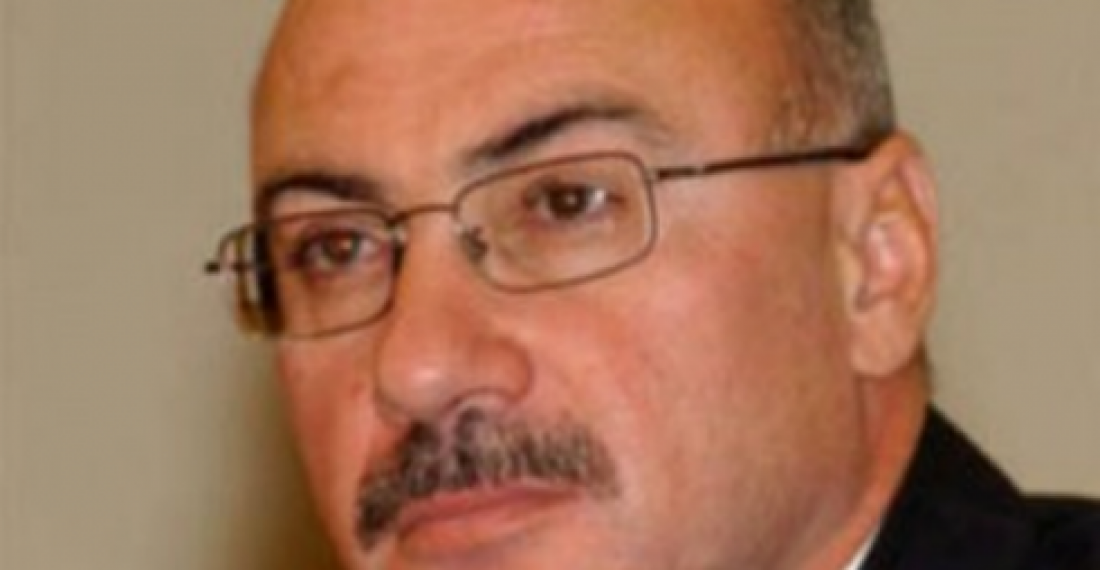The former President of the self declared Nagorno-Karabakh Republic (NKR), Arkadi Ghukassian, speaking to news.am on the anniversary of the cease fire that halted hostilities between Azerbaijani and Armenians in the Nagorno-Karabakh conflict zone in 1994 said it is better to negotiate rather than fight.
In Ghukassian's view, some in the Armenian side believe they had to go until the end, whereas others believe that the signing of this agreement was a natural development of the events.
"A bad peace is preferable to a ‘good' war, albeit there are no good wars. I believe the signing of the Agreement was right," Ghukassian told the agency. He added, however, that the terms of the Agreement are not being fulfilled and the ceasefire is violated.
"But, in any case, it is better to negotiate than to shoot. And even though the agreement did not lead to the start for negotiations, we were able to stop the war and to save many lives," Arkadi Ghukassian concluded.
source: commonspace.eu with news.am
photo: Arkady Ghukassian (archive picture).







